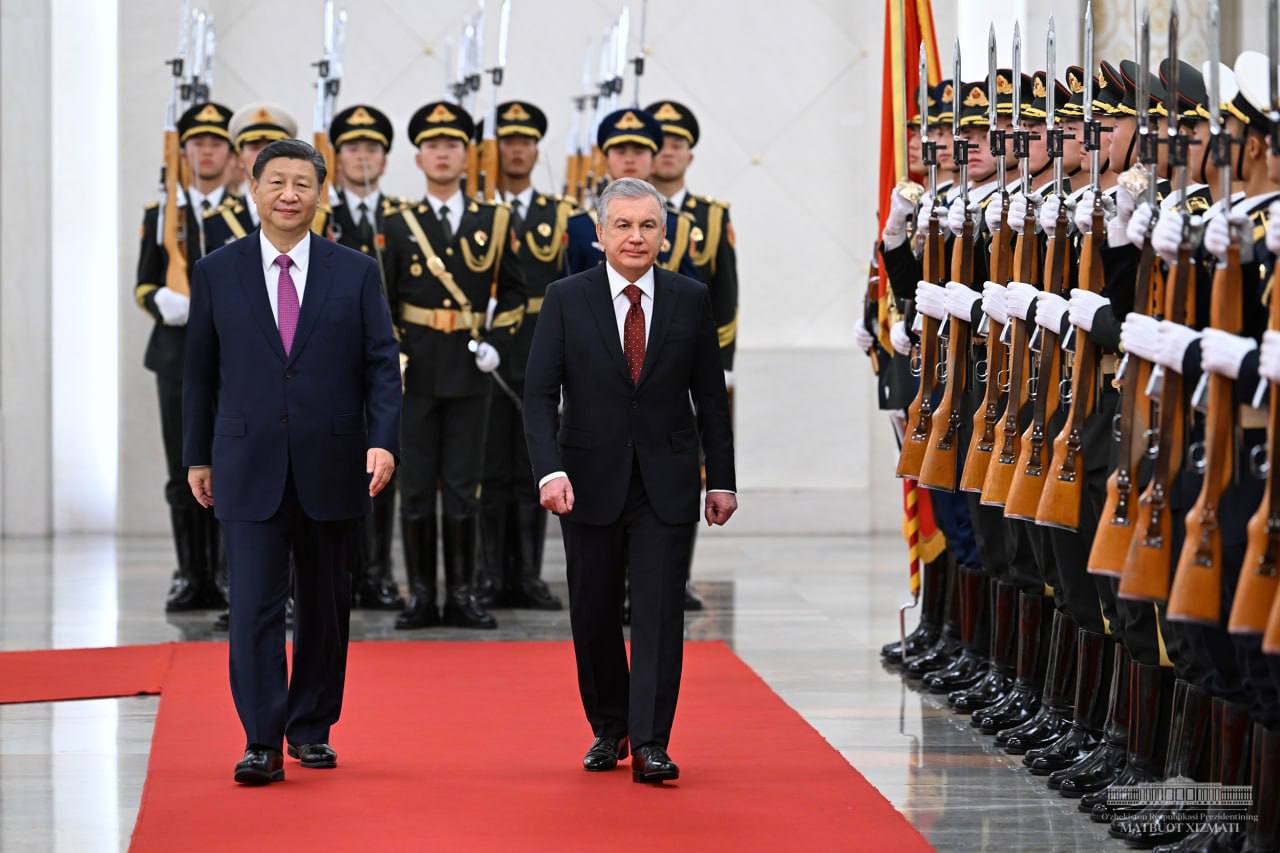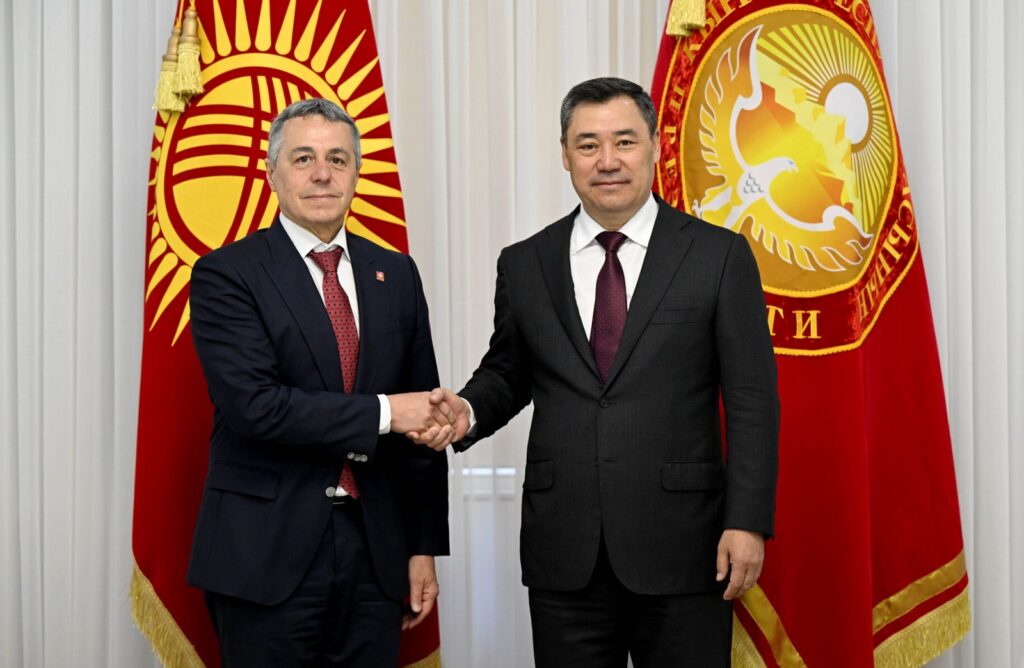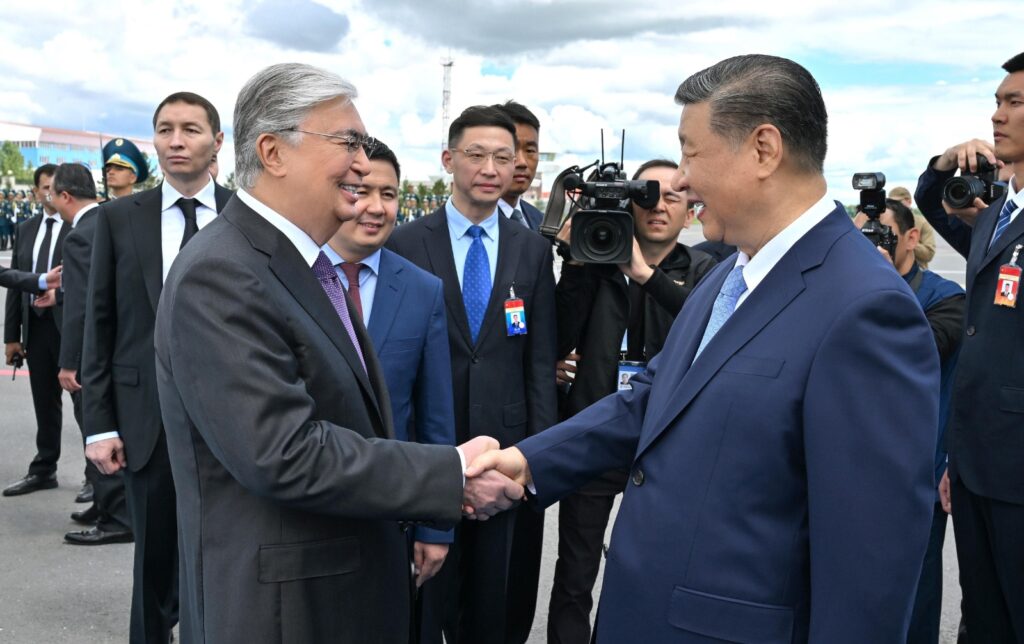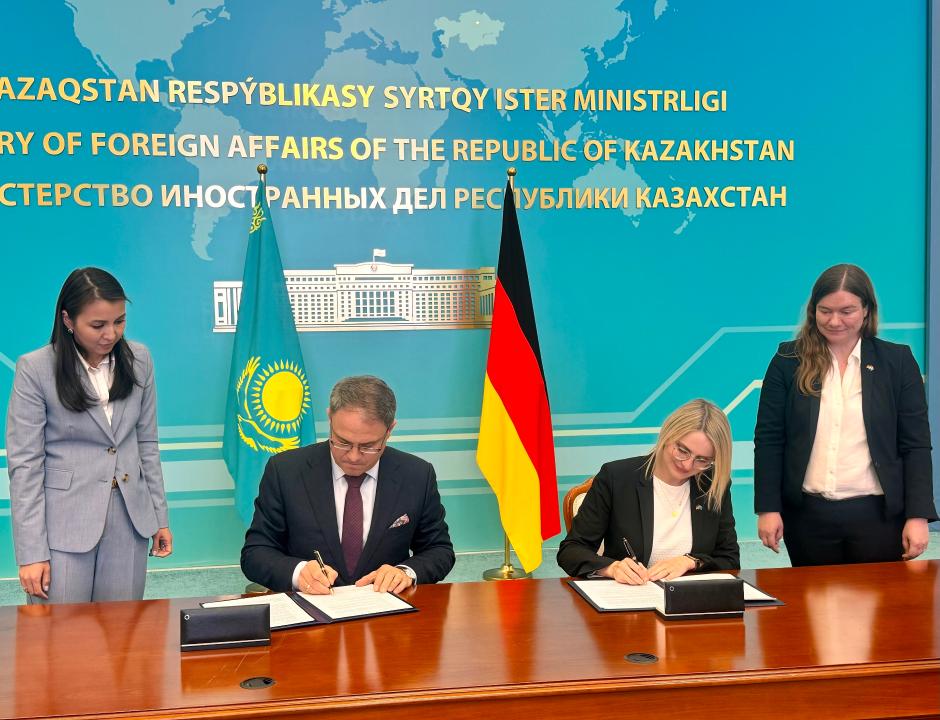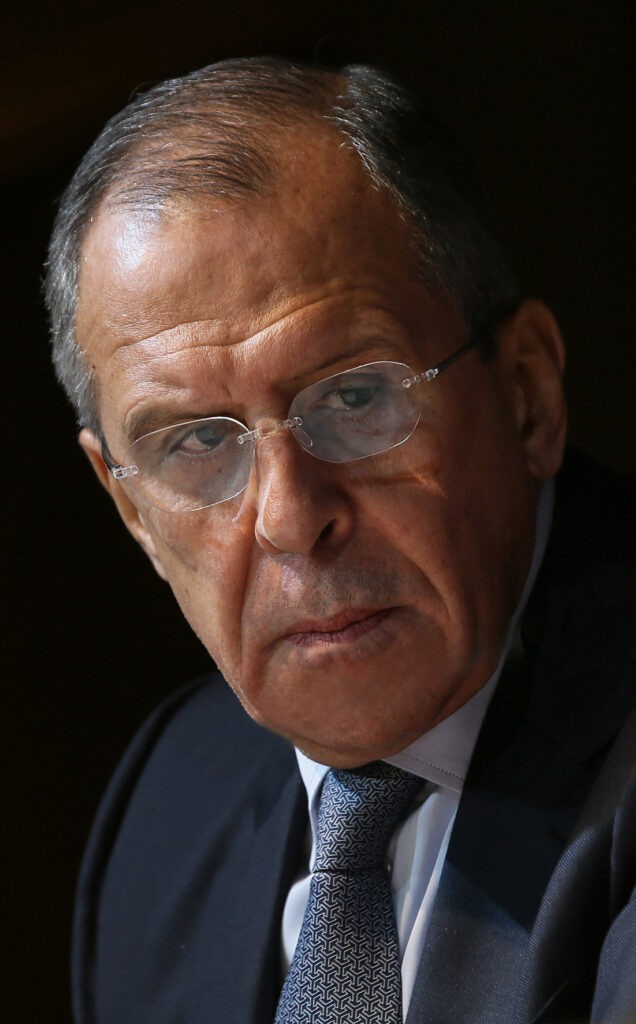Ahead of his trip to Beijing, in his article for the People’s Daily, Uzbekistan’s President Shavkat Mirziyoyev poured lavish praise on China. Not only did Mirziyoyev say he admired Chinese President Xi Jinping’s global development, security and civilization initiatives as efforts to significantly address global challenges and accelerate the transition to a more sustainable and inclusive future, he also aligned Tashkent’s vision of regional and international security with Beijing.
Mirziyoyev has paid several visits to China, underscoring Beijing’s growing importance in his economic and development agenda. His objective to strengthen “multifaceted” relations with Beijing further expounds the fact that China will be a centerpiece of his foreign and regional policy and ambition for a green transition.
During his October’s trip to Beijing to attend the third Belt and Road Forum, Mirziyoyev struck a complimentary tone, expressing gratitude to Xi for the invitation, stressed that the number of Chinese companies investing in Uzbekistan had increased fivefold and said that he expected bilateral trade to exceed $10 billion by the end of 2023.
Mirziyoyev’s campaign has worked, given that Chinese enterprises are the second-largest investors in the country, China accounts for more than one-fifth of Uzbekistan’s foreign trade (21.3%) and bilateral trade in 2023 has far exceeded expectations, reaching $14 billion. Once Mirziyoyev signaled that China as one of his top foreign policy priorities, it helped Tashkent sign several agreements with Beijing.
In his latest visit, Mirziyoyev called for international unity on the “Green Silk Road,” which was first proposed by Xi in Uzbekistan back in 2016, and fully supported the green initiative’s potential to shape the agenda for a “common green future.” Construction of a 400-megawatt solar photovoltaic power plant by PowerChina and Mirziyoyev’s meetings with Chinese energy companies in October indicated that he was impressed by their ability to deploy modern engineering solutions in electricity transmission networks and to implement solar, wind and hybrid power projects.
Just last month, Mirziyoyev praised his strategic partner for completing projects at an “astonishingly” fast pace, and he continues to hail China’s progress on large scale joint investments projects which have helped Tashkent make important strides in developing green energy and their endeavor to create 27 gigawatts of renewable energy generation by 2030.
While cooperation with the “undisputed global leader” in renewable energy would solidify Tashkent’s energy security and environmental sustainability, the first hydrogen plant in the country and region will also save some 33 million cubic meters of gas every year, decarbonize heavy industries, and add a new engine of growth, raising Uzbekistan’s international profile.
The two nations are promoting active cooperation on infrastructure, too. The Chinese-built Angren-Pap railway line, the China-Kyrgyzstan-Uzbekistan transport corridor, and the four routes of the China-Central Asia natural gas pipeline that pass through Uzbekistan denote a region-wide consensus on developing intra- and inter-regional infrastructure to push trade, enhance connectivity, and bring prosperity.
Once finalized, the China-Kyrgyzstan-Uzbekistan railway project will give Central Asia the shortest and most accessible passage to global markets, bringing billions of dollars of investments into the region. Reconstruction projects spearheaded by China, such as the A380 highway, have buttressed Uzbekistan’s transportation infrastructure, ensuring the timely delivery of goods, whilst further cooperation on logistics is also making progress.
As per Uzbekistan’s Ministry of Transport, the electric transport network in the country has also been boosted after an agreement was reached in December to jointly produce 70 centralized and 50,000 non-centralized electric vehicle (EV) charging stations by 2033, providing energy to 700,000 vehicles. Some 2,500 of these units are expected to be installed by the end of 2024. Leading Chinese tech firms such as Huawei, BYD and ZTE are already operating in Uzbekistan, and Mirziyoyev intends to foster industrial cooperation with these giants to transform the country into a technology hub through the establishment of high-tech industries and technology parks.
Cooperation in the field of education is another area which has piqued Uzbekistan’s interest. Through the construction of educational infrastructure, technical training and scholarships, China has expanded its influence and instilled interest, especially among Generation Z, in learning Chinese. Confucius Institutes are operating in Samarkand and Tashkent, and Mirziyoyev wants to expand the teaching of the Chinese language, which in turn would help him train a workforce capable of applying China’s development practices.
Over the past three decades, the China-Uzbekistan strategic partnership has grown substantially. High-level political exchanges in the last couple of years have, as per Uzbekistan’s estimates, translated into agreements and trade contracts worth $40 billion as Chinese investors continue to fund projects in green energy, oil and gas, telecommunications, and the automotive industry, among others.
Tashkent’s support of Beijing’s efforts to “implement the reunification of Taiwan” and backing for Xi’s initiative for an “all-weather comprehensive strategic partnership” signal that Mirziyoyev is extremely keen to curry favor with China in multiple areas. It is hoped within Uzbekistan that this will kick-start construction of the China-Kyrgyzstan-Uzbekistan railway project, something which Tashkent has since long been pushing for.

Azhar Azam is a geopolitical analyst.
